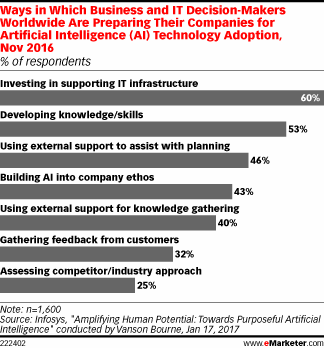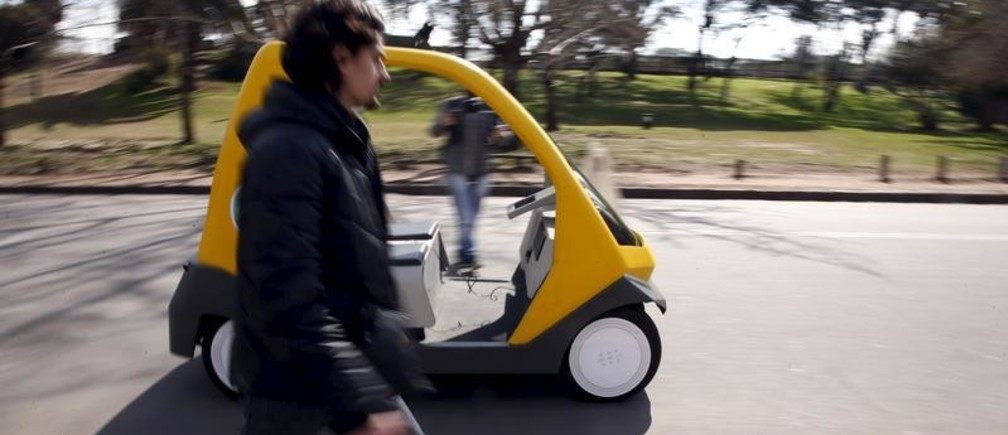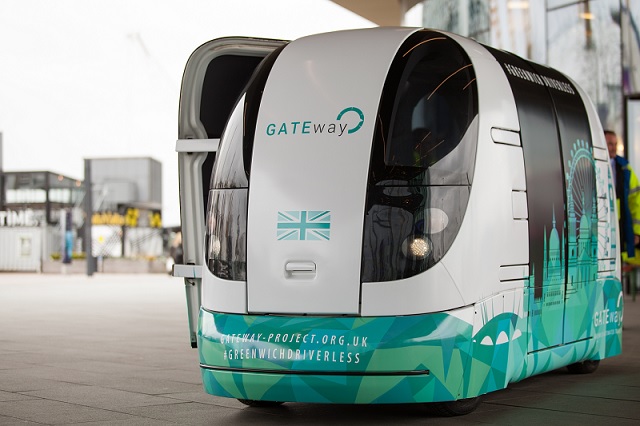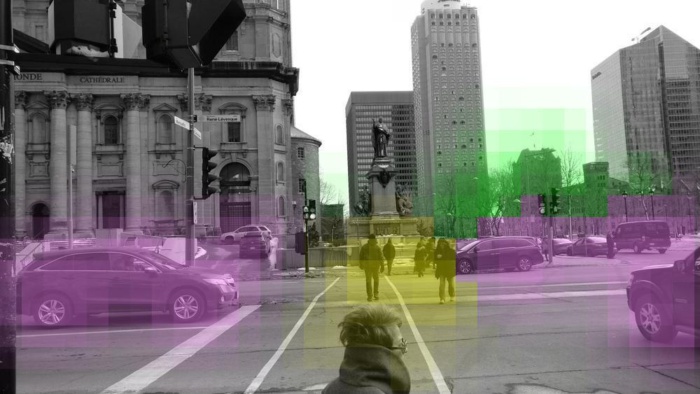Instead of letting artificial intelligence (AI) be something abstract that scientists spend time on, companies can already prepare to use these technologies. When Infosys asked 1600 companies on how they plan to invest in AI, they responded like this:
Interestingly, 53% aim at developing knowledge and skills and 43% aim at using it for building a strong culture (here called “ethos”). This means that already today there are ideas on how to transform work. Meanwhile, for many companies, AI is still a step into the unknown, as reported by ZDNet in “Artificial intelligence: How to build the business case”. In this article, people especially see value from analyzing big data quickly. In order for the data be useful, however, you run into legal and ethical challenges that need to be solved first. And it will for sure involve a big disruption for certain professions when AI enters their domains:
“Peers recognises AI could also help change the way lawyers work, yet he also expects a cultural challenge. Senior partners trust their associates to spend hours considering the details of legal documents. Trusting computers to undertake the same task in seconds presents a different form of dependence. It’s a big shift because the reputation of that lawyer and firm is on the line”.
One way to look at the upcoming opportunities of AI is by reading “5 global problems that AI could help us solve” from World Economic Forum (WEF).
They list five problems AI could solve:
1. Healthcare
2. Making driving safer
3. Transforming how we learn
4. Help us be smarter about energy
5. Helping wildlife
By applying the ideas from the above chart on the practical ideas such as those from WEF, we can set a direction. Therefore, entrepreneurs and intrapreneurs could ask questions like: “How could our development of knowledge and skills make driving safer by using AI?”. Let the ideas flow, and then later separate the crazy ones from the revolutionizing ones (there’s a fine line between these two).
Since AI still is quite early in the development, we still have time to answer such big questions. But we should not relax, I believe. AI is developing exponentially, meaning it will look radically different just one or two years from now. Therefore, take the time already now to think about how to make AI work for you.
Both images are taken from the linked resources, and belong to them












